We are huge advocates for Roth IRA conversions when done right. Roth IRA conversions are just one of the things you should think about before the end-of-the-year. For more, check out our last blog here! The tax benefits for Roth IRA conversions are extremely compelling, especially in our current low-tax environment. Today we will explore why and when a Roth IRA may fit into your financial plan.
What are Roth IRA Conversions?
You can put money into a Roth IRA account in three ways. The first way is through contributions. This is where you deposit money directly into the account. However, your ability to do this can be restricted based on income (something called a phaseout).
The second way is to roll money over from your 401k Roth account. Simply, you’re moving money between two accounts with the same tax treatment. Using this method, you don’t have to worry about any tax consequences (of course you can transfer money from another Roth IRA as well).
Finally, the third way, which we are interested in today, is the Roth IRA conversion. In this process, you move money from a pre-tax account into a Roth account. Tax is due on the entire conversion amount, so be prepared to write a check to the IRS and possibly to your state treasury. If you are over 59.5 years old, you can also use tax withholding to pay the taxes due. However, you should NOT use withholding if you are younger since a 10% early distribution tax penalty will be applied to the withholding amount.
Why Should I Do a Conversion?
A Roth conversion allows you to lock in the current tax rate for your distribution. That is the ONLY thing a Roth conversion does. By doing a conversion, you are saying that your current tax rate is lower than your expected future tax rate.
Since you must start distributions from your pre-tax account at age 72, there is good reason to start distributions earlier via Roth conversion if you are retired. Remember, you are just locking in your current tax rate. We are in an extremely low income-tax regime right now from a historical perspective. You will likely come out ahead by pre-paying tax now rather than waiting.
The second key point is that you are creating a pool of money that is tax free. This allows you to have better control over taxes in any given year. This is because you can decide to take part of your withdrawals from a taxable source and part from a tax-free source. This is especially helpful if you need a large lump-sum.
Lastly, you are creating a pool of money that is tax-free for your heirs. Current rules state that an IRA account must be fully distributed in 10 years by a beneficiary. Depending on the beneficiary’s tax rate, they may wind up paying much more in taxes than if you took the distribution.
When Should I Do a Conversion?
Roth IRA conversions are all about timing. From a tax perspective, the best time for a conversion is when you have little income to show. Typically, this means the years between retirement and age 72, especially if you are delaying drawing on Social Security.
The second part of timing is intra-year. Roth IRA conversions cannot be undone (we used to have what is called recharacterization, but that was taken away with tax law changes in 2018). That means you have to be sure you want to do a conversion AND know the amount that you want to convert. Likewise, you need to have a good idea of your income for the year. As a result, we typically recommend waiting until the fourth quarter to complete your conversion.
The Roth IRA Conversions Checklist
To help you better know what to do, we’ve written a short checklist for Roth IRA conversions.
- Understand what your tax rate looks like in the future, especially if you have a large amount of pre-tax assets and high level of Social Security income. This allows you to determine if conversion is in your favor.
- Know your taxable income for the year, so you can have a good estimate for your desired conversion amount. This means waiting until fourth quarter.
- Consult your tax professional to get an estimate on the taxes due, and to make sure you’re not overlooking anything tax related.
- Prepare to pay out of pocket for any taxes due from the conversion if under age 59.5. If older, tax withholding can be done directly from the conversion.
If you want a second opinion on your situation, please do not hesitate to contact us. We review Roth conversions for all our clients with IRA accounts every year. We would love to help you too!

